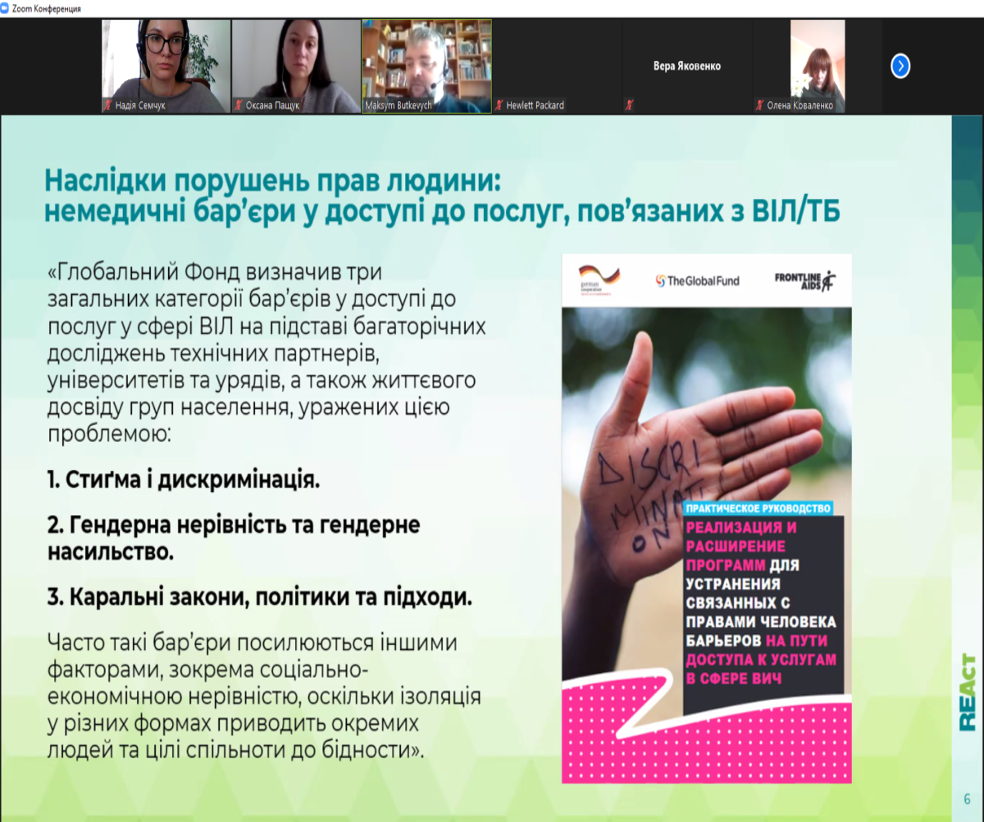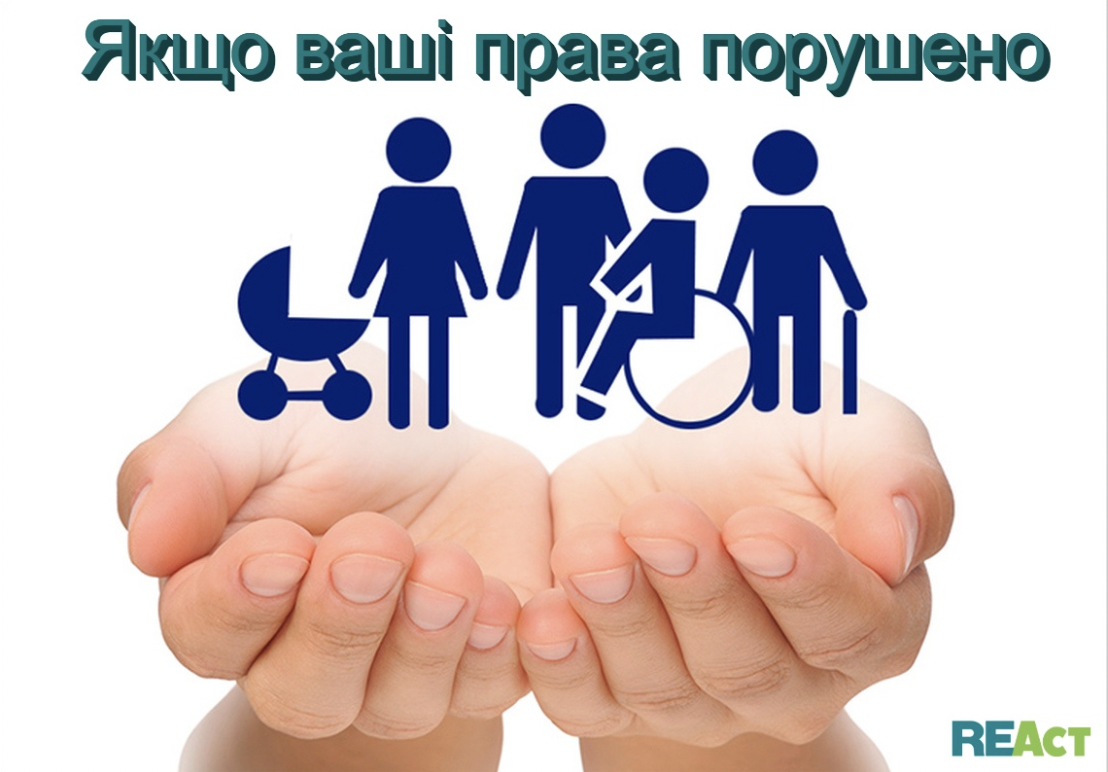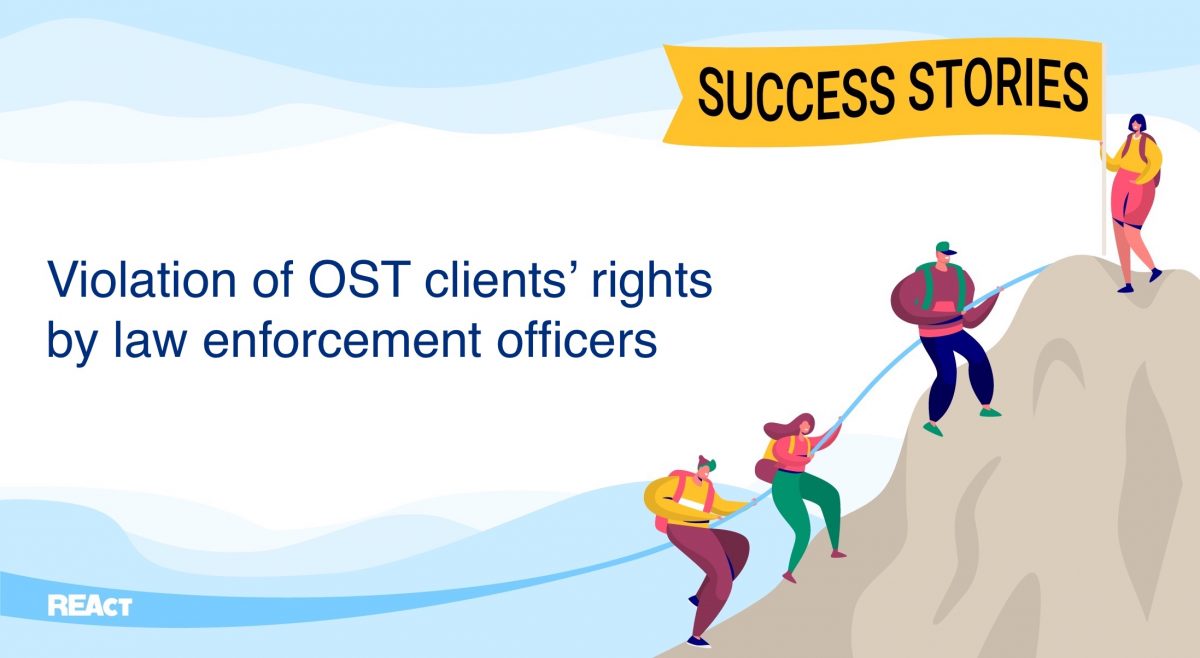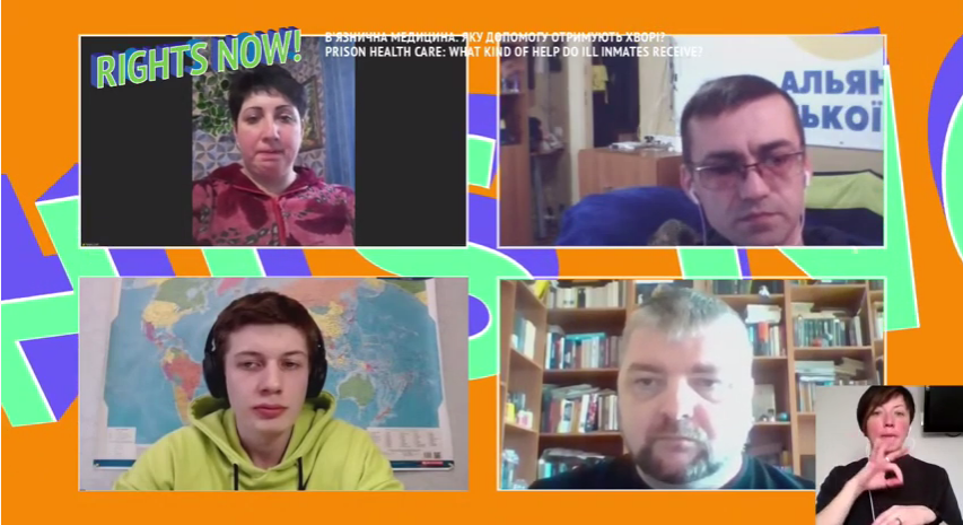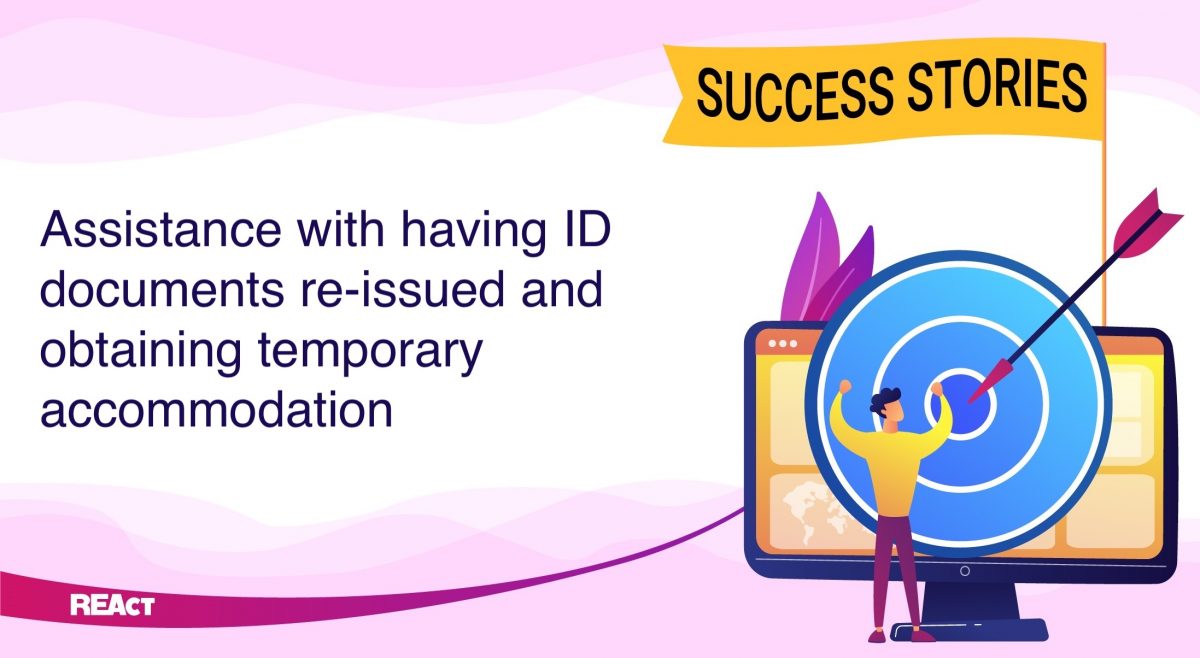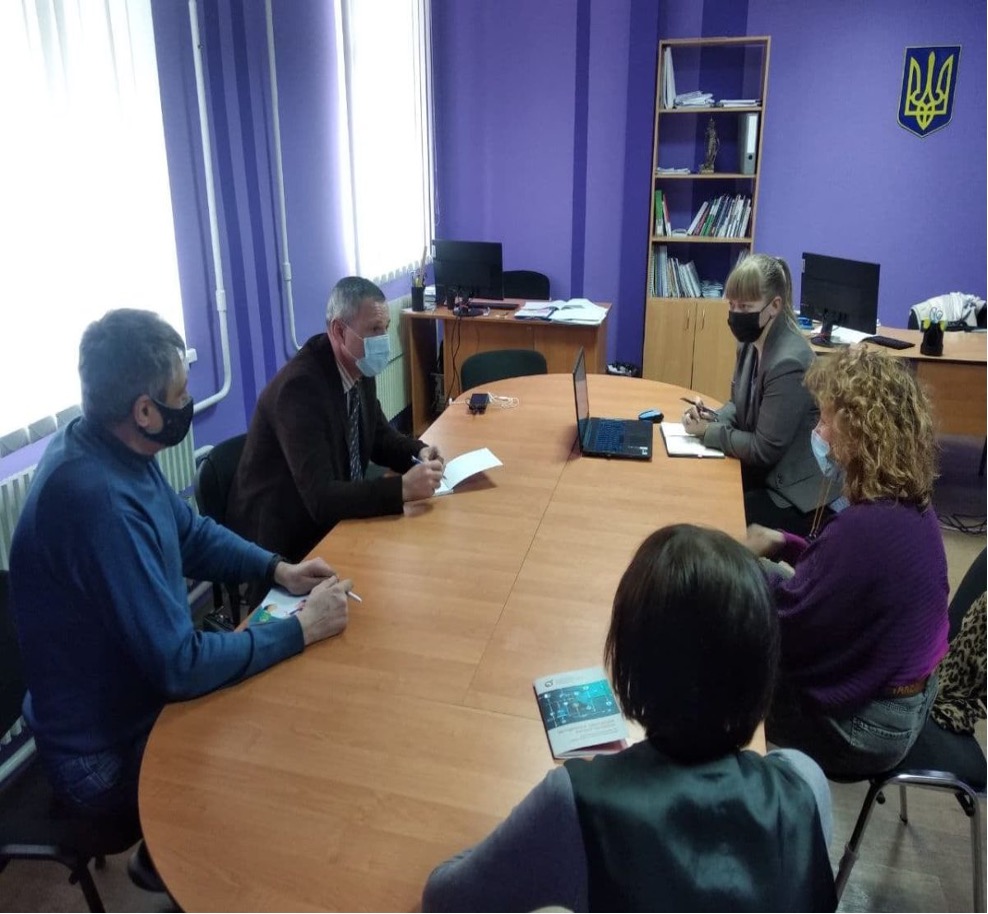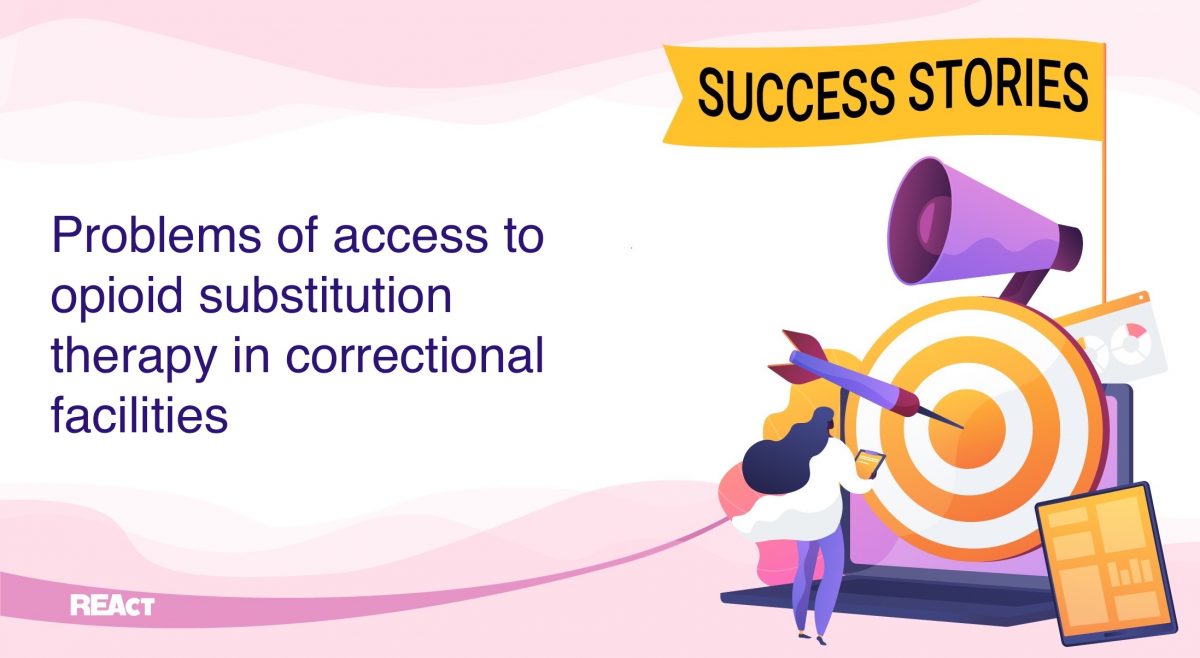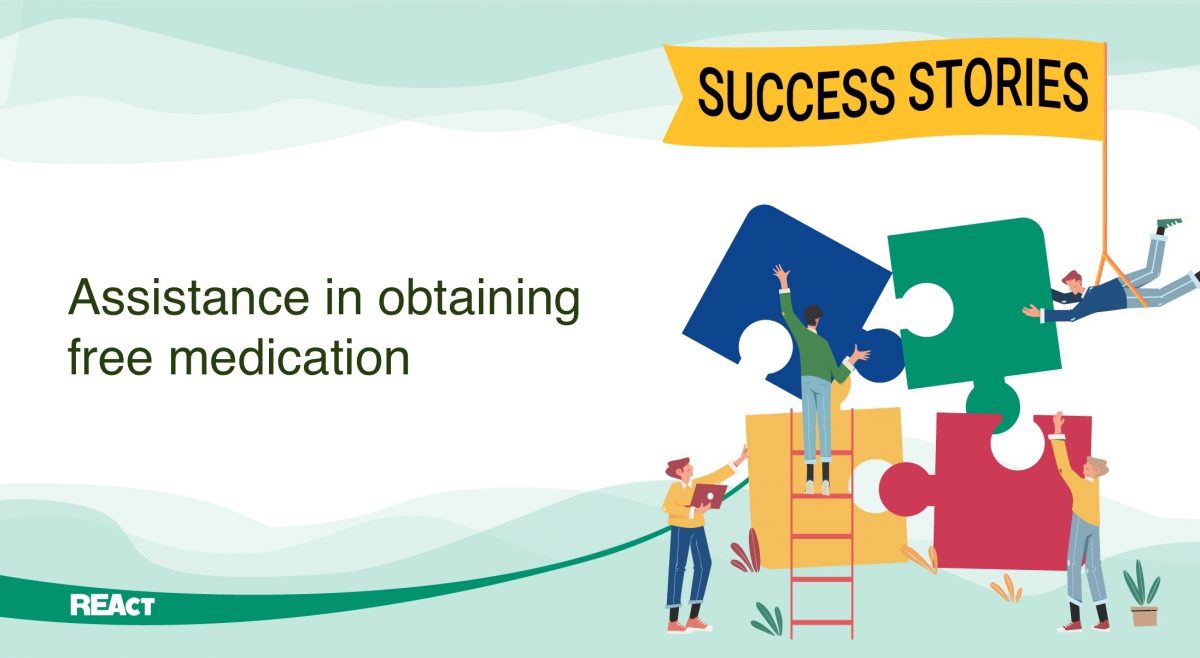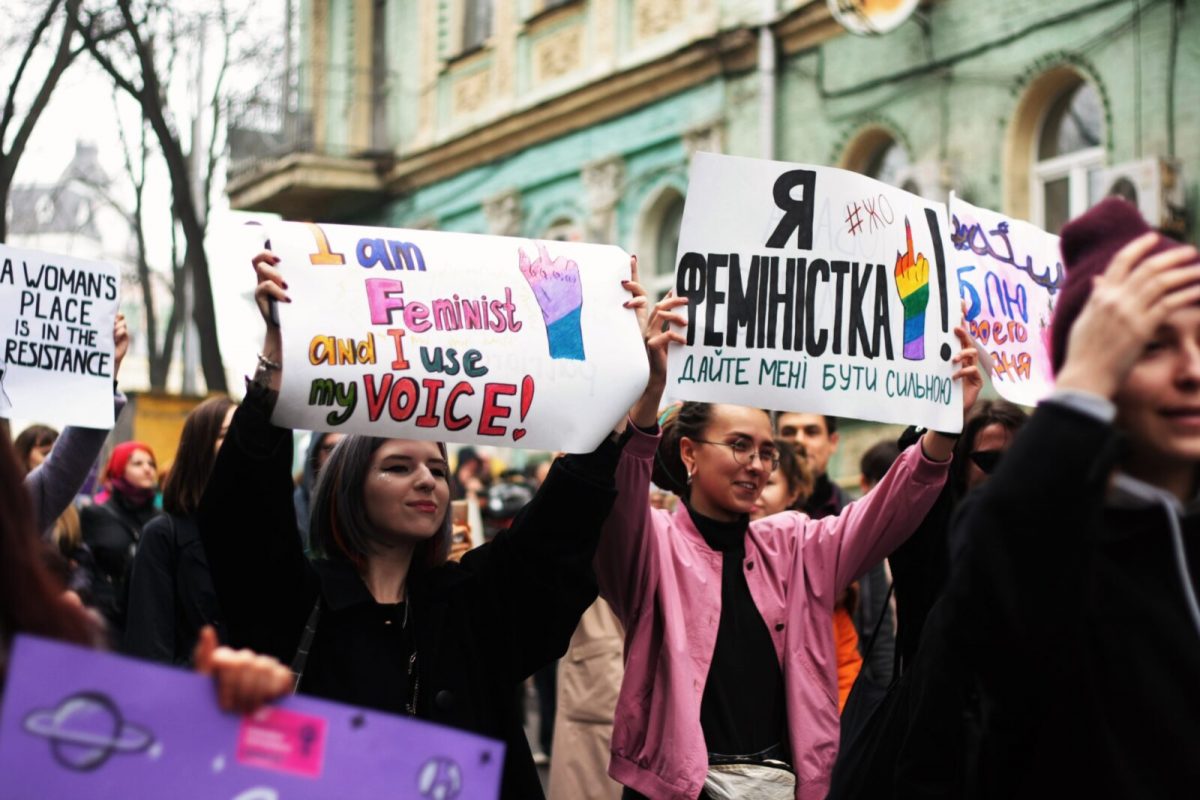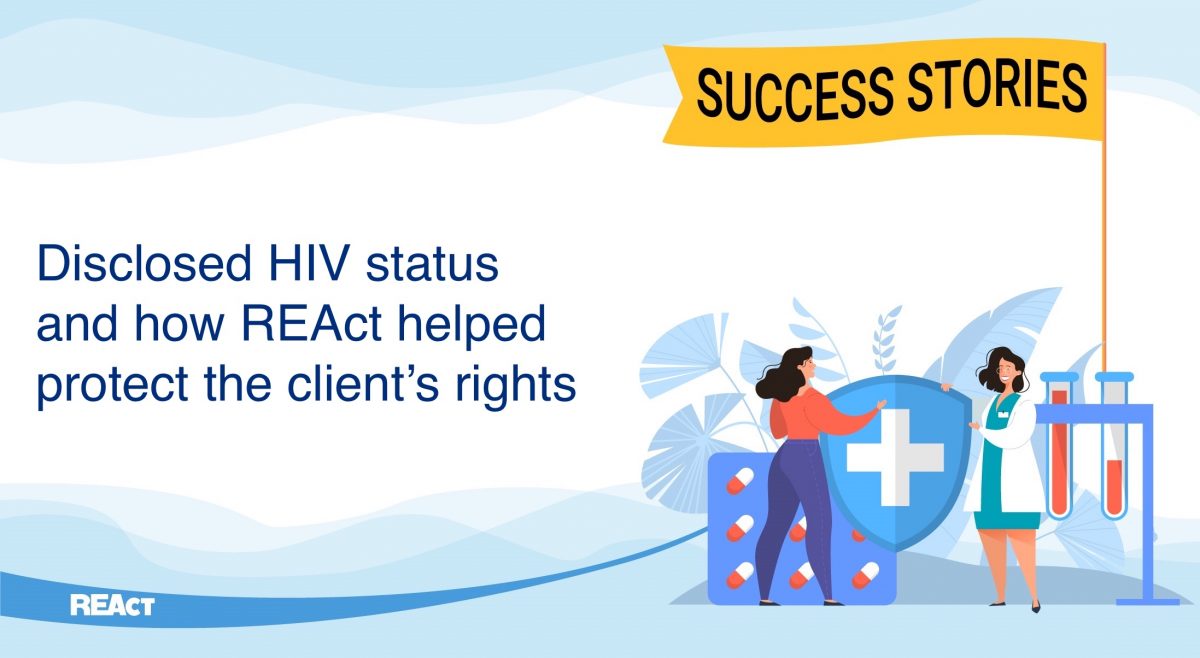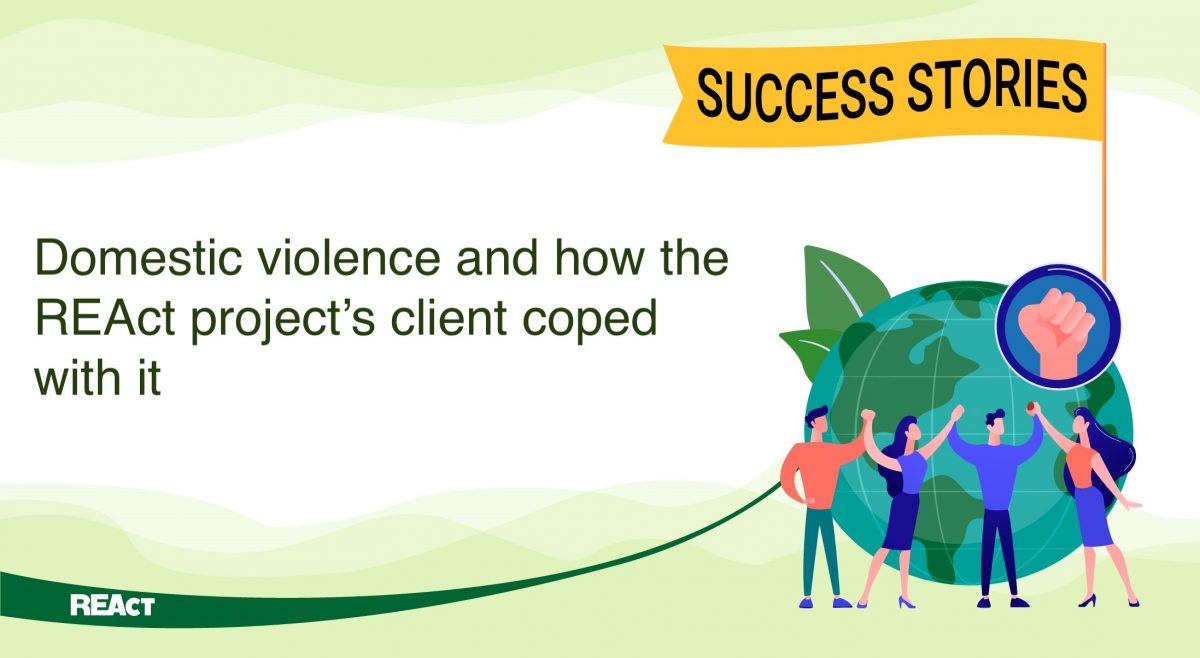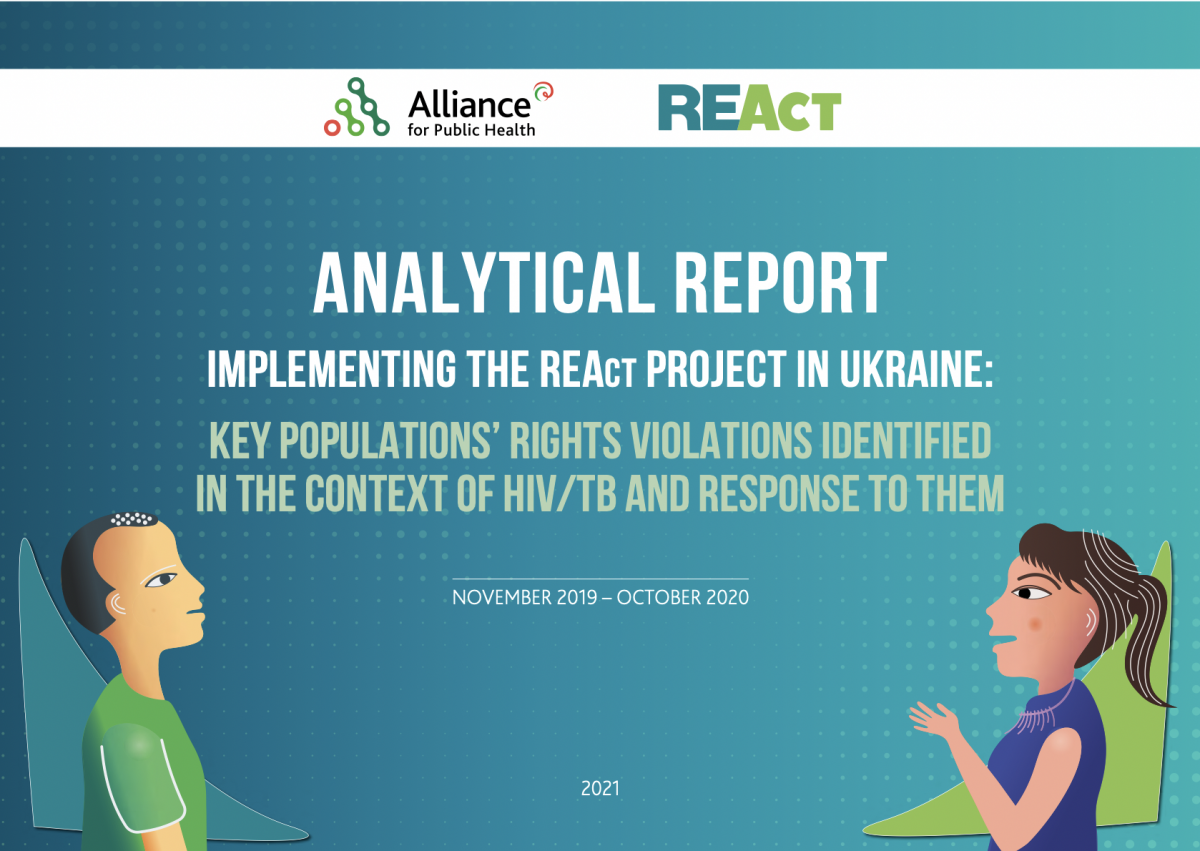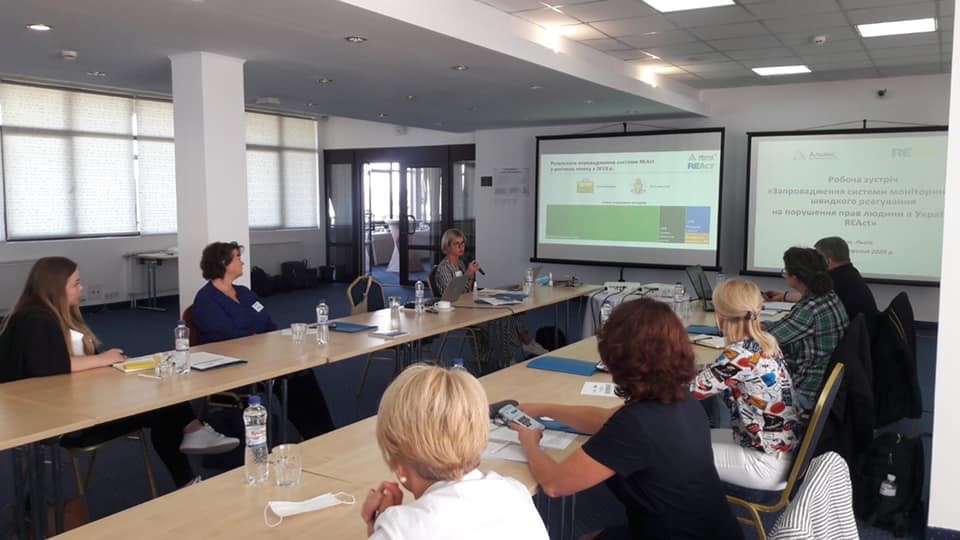Primary medical care is provided on the basis of Article 35-1 of the Law of Ukraine “The fundamentals of the legislature of Ukraine concerning healthcare”. Every patient who has signed a declaration on choosing a family physician, a general practitioner, or a pediatrician, is entitled to free primary healthcare services included in the state-guaranteed medical benefits package. The healthcare provider will receive payment for such services on the basis of the contract concluded with the National Health Service of Ukraine (NHSU).
What you need to consider
Starting from April 1, 2021, primary healthcare is provided under the “Primary Healthcare” benefits package. The free primary healthcare benefits package includes a number of preventive check-ups and primary care. Thus, a family doctor can provide free of charge:
- Diagnostics and treatment of most common communicable and non-communicable diseases, trauma, poisoning, pathological, physiological conditions;
- Dynamic monitoring of chronic diseases according to the healthcare standards;
- Preventive checkup, with a medical certificate issued;
- Online referral to examination or consultation by specialist physicians;
- Health, nutrition, life-style advice;
- Vaccination according to the immunization schedule;
- Electronic prescription under the “Accessible medication” program.
The physician will define what scope of examinations is required for each individual patient, based on the patient’s complaints, lifestyle, and medical history.
Every patient who has signed a declaration on choosing a family physician, a general practitioner or a pediatrician, is entitled to a free state-guaranteed primary healthcare benefits package which includes the following tests:
- Total blood count with formula;
- Complete urinalysis;
- Total cholesterol count;
- Blood glucose test.
In primary healthcare facilities, patients can be offered free rapid tests for:
- pregnancy;
- troponin;
- HIV;
- Viral hepatitis;
- SARS-CoV-2 antigen.
This means that in primary healthcare facilities patients can take tests included in the primary healthcare benefits package. If other tests are required, the doctor will issue a referral to a specialized level of care, and the tests will be performed free of charge in healthcare facilities contracted by the NHSU for outpatient care.
For the full scope of services under this benefit package, please access the NHSU website and select the specification under the relevant benefits package.
Conduct of the patient in case of payment solicitation for primary healthcare or a refusal to provide such care.
- First of all, demand to remedy the violation of the right to free healthcare services included in the relevant benefit package referring to the availability of public funding received by the family doctor for providing such services.
- If, despite the expectations, these efforts were not successful (in fact, this is not common), you need to contact your municipal or oblast health department and submit a written report (complaint) demanding to remedy the violation of the right to healthcare. The health department must duly register the complaint and respond to it. Usually this is enough to correct the situation.
- If the client remains unsatisfied, he/she can approach the National Health Service of Ukraine (NHSU) and submit a complaint using the online form on the NHSU website.
- In case any questions regarding filing a complaint arise, call NHSU contact center toll-free at 16-77.
- If the client remains unsatisfied, he/she can file a complaint to court.




